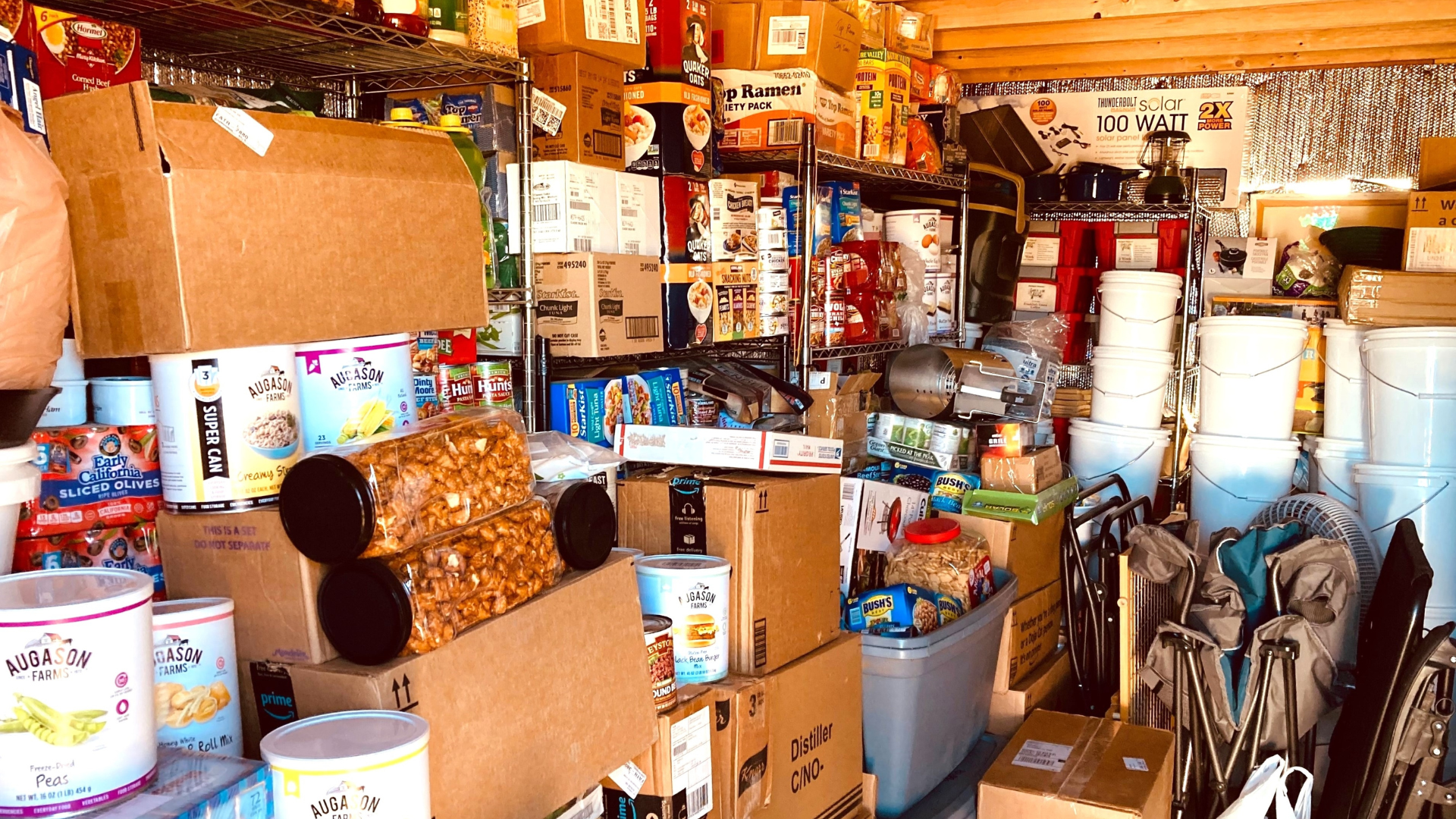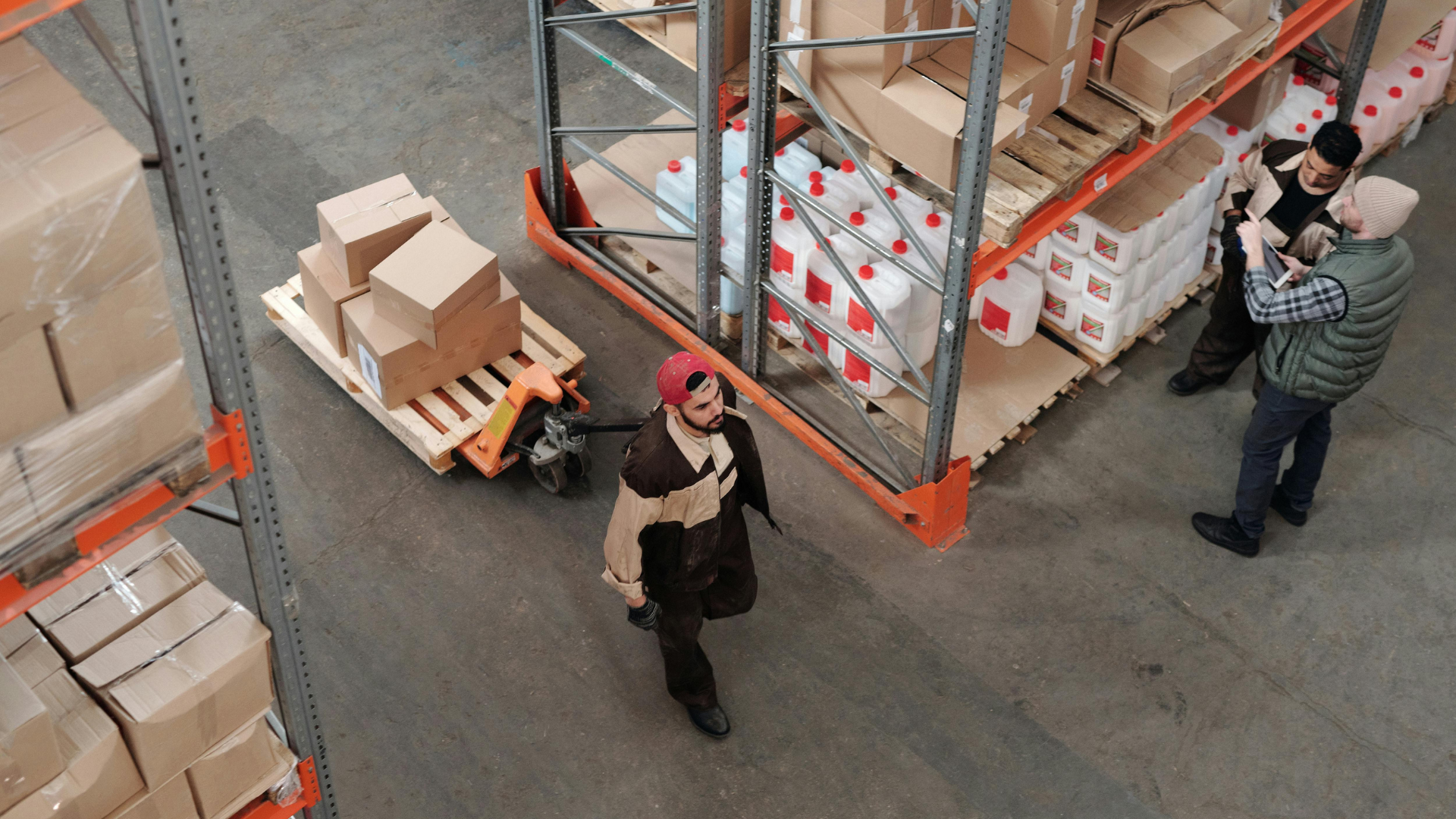In April, the Ohio Department of Health reinstated its HIV services program eligibility to 500 percent of the federal poverty level (FPL). The program reduced its eligibility to 300 percent FPL in 2010, at a time when the program was not fiscally stable. The result created a two-tiered system of service provision in the state. HIV services in the metro regions surrounding Columbus and Cleveland – which qualified for Part A resources to support their larger populations of people living with HIV/AIDS (PLWHA) continued to be available for PLWHA with incomes up to 500 percent FPL. In the intervening years since that eligibility change, the Ohio Department of Health’s staff increased program revenue and deftly navigated health care reform changes – a tremendous benefit to Ohioans living with HIV and an excellent way to leverage state and federal resources.
More Ohioans living with HIV will benefit today from the robust medical and other supports offered through the HIV services program.
Although there are planning challenges associated with the United States’ volatile health care environment to be sure, more Ohioans living with HIV will benefit today from the robust medical and other supports offered through the HIV services program. The state’s Ryan White program will provide premium support to ‘buy’ more comprehensive care for Ohioans with HIV who make up to 500 percent FPL and will fill critical gaps for HIV medications and wrap-around services like case management and transportation. Ohioans who make up to 500 percent FPL who are HIV negative and at-risk for HIV who need assistance accessing pre-exposure prophylaxis (PrEP) medications will also benefit (for resources see OhioPrEP.org). Importantly, the metro regions, home to most Ohioans living with HIV, will see relief in the form of supporting medications for those who found themselves in in the 300 to 500 percent FPL gap, and can focus those resources on other needed services. The state will move closer to parity; someone living with HIV in Lima making the same wages as someone living with HIV in Columbus will have access to similar services.



.png)

.png)
.png)

